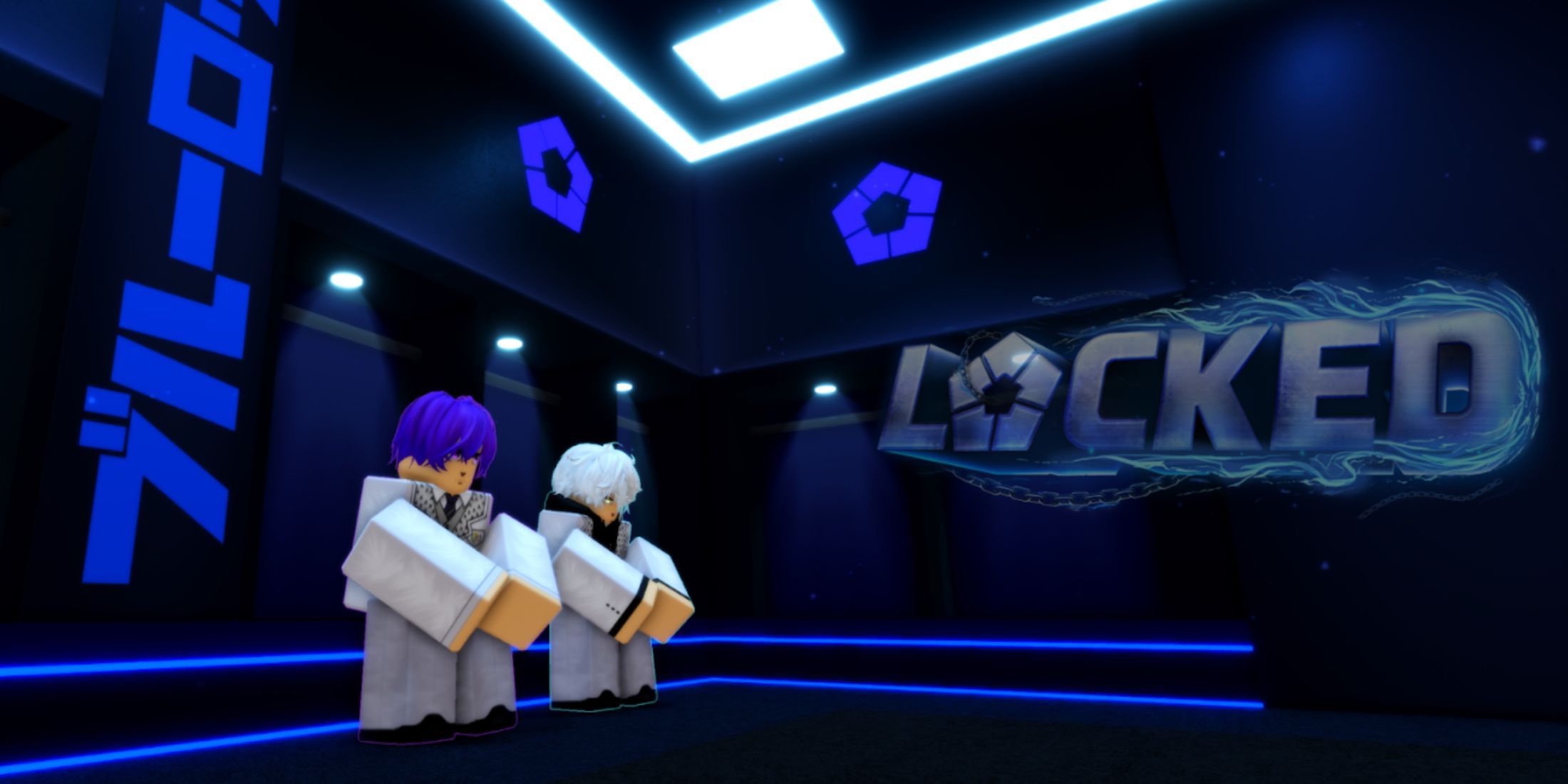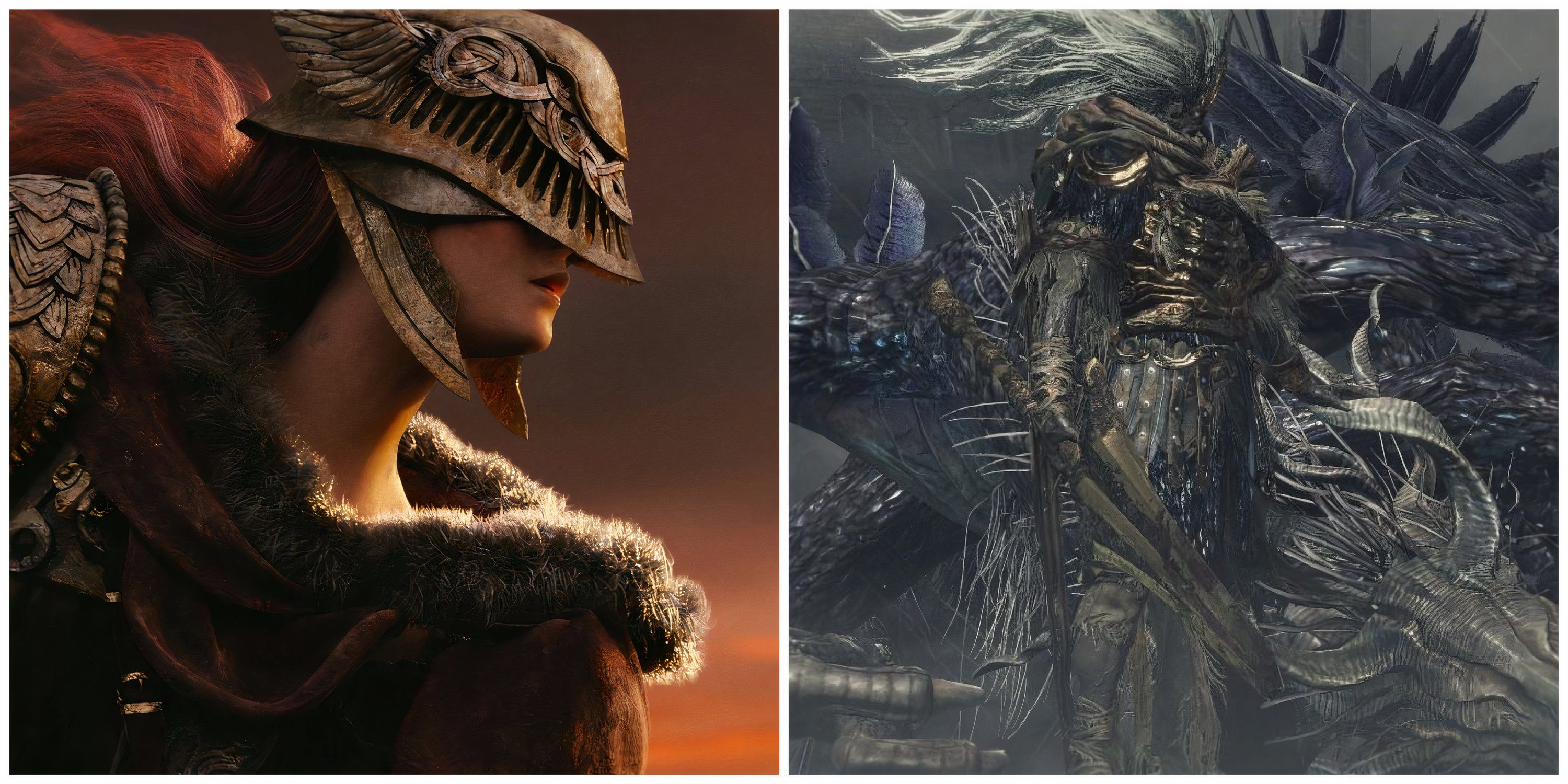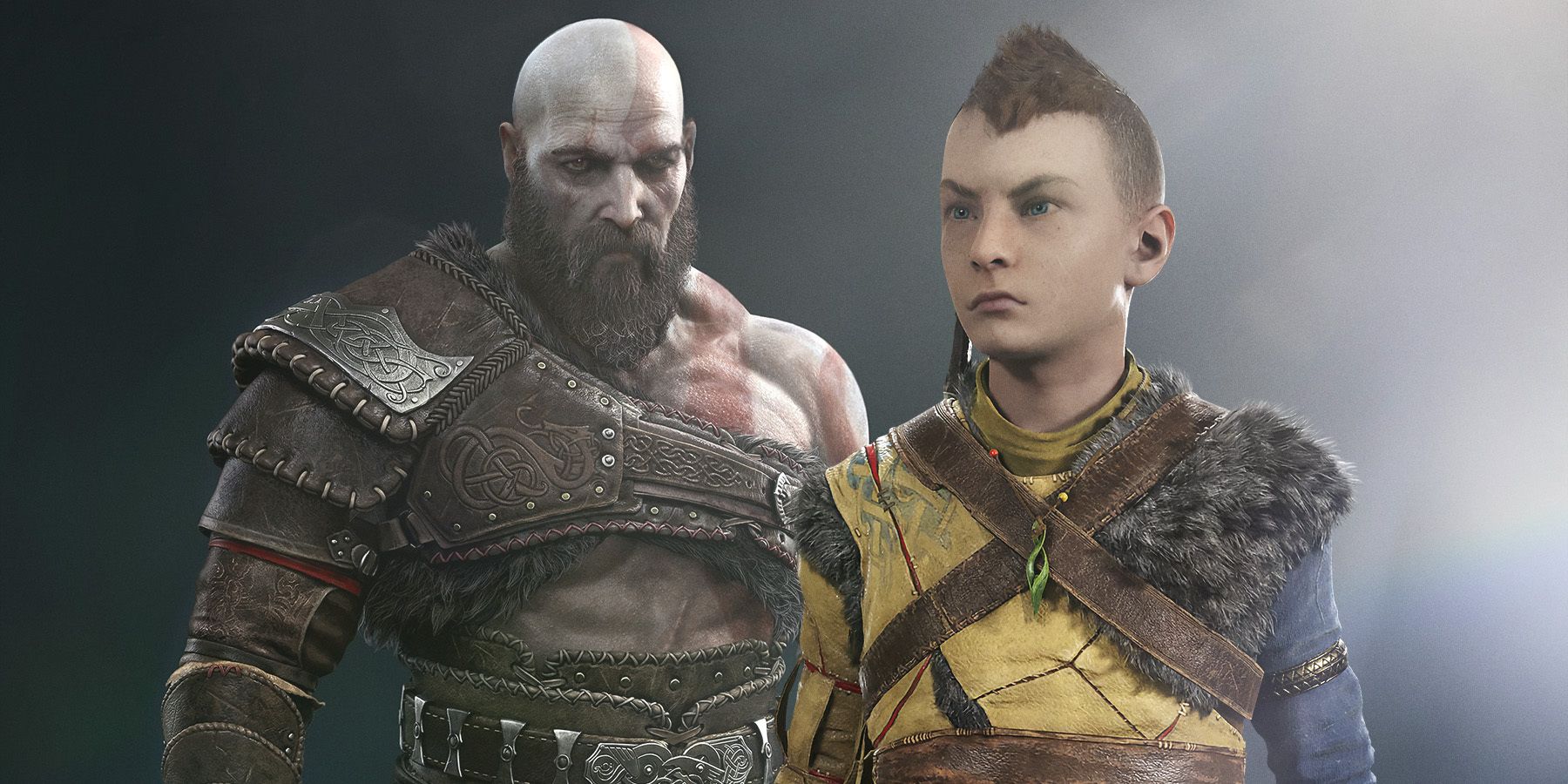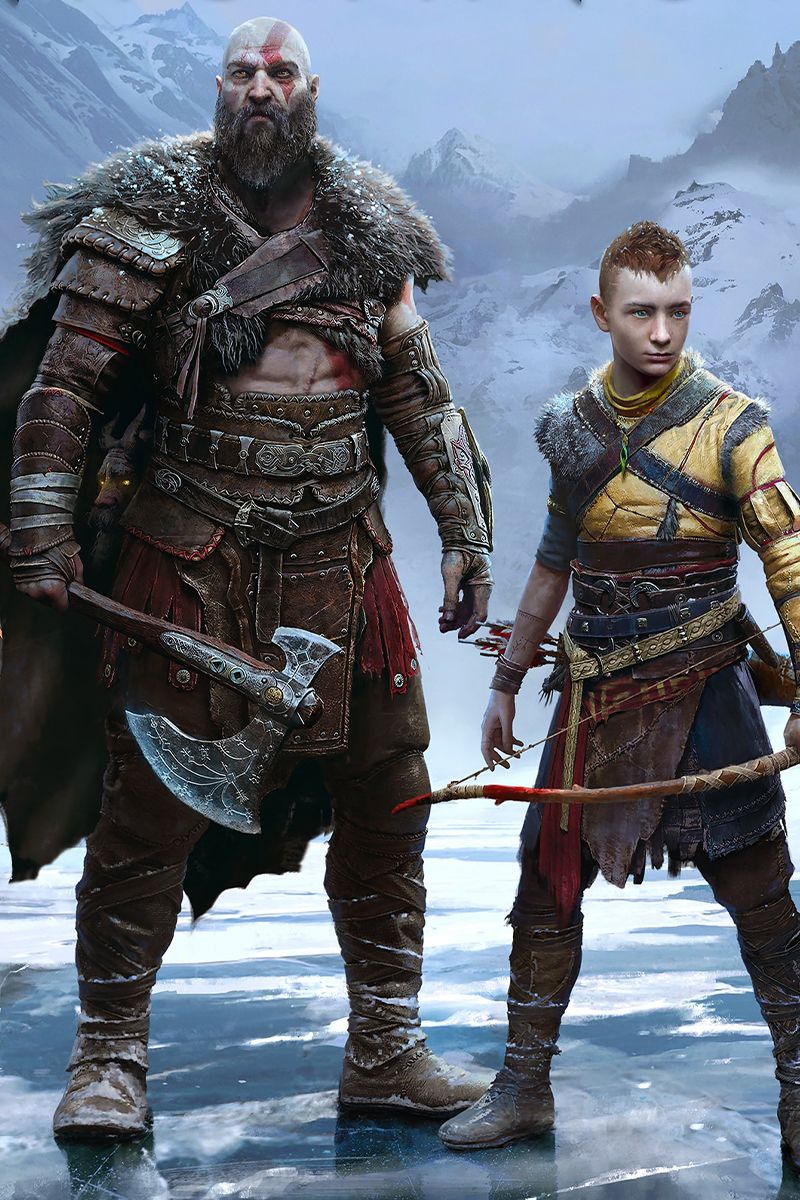Highlights
- Character development and progression are at the core of God of War Ragnarok, as Kratos and Atreus face their pasts and grow stronger.
- Kratos transitions from a lonely warrior to a leader, embracing peace and community, while Atreus embarks on a transformative solo journey.
- The next God of War game might explore Atreus' challenges as he defines himself, contrasting with Kratos' new role in a community.
Since its rebirth in 2018, the God of War franchise has been considered a peak of video game storytelling, in a range beside critical giants like The Last of Us and Red Dead Redemption 2. Specifically, much praise has been showered on the relationship between Kratos and Atreus, which develops in a satisfying and moving way over the course of both Norse saga games, with God of War Ragnarok ultimately seeing the pair go their separate ways, at least for the time being.
Character development and progression sit at the heart of God of War and God of War Ragnarok. When the Norse saga begins, Kratos is on the run, not from any physical threat—he has wiped out virtually anyone who would be hunting him at this point—but from his own shame and guilt. The once-vicious god is certainly more peaceful at the start of the game, but this comes at the cost of community and companionship: Kratos and Atreus live in a remote shack in the woods, far away from any semblance of civilization, and without any friends. Kratos' grief over his late wife, Fey, coupled with his fear of devolving into base violence once again, motivates him to cut both Atreus and himself off from the rest of the world, though things don't stay this way for long.
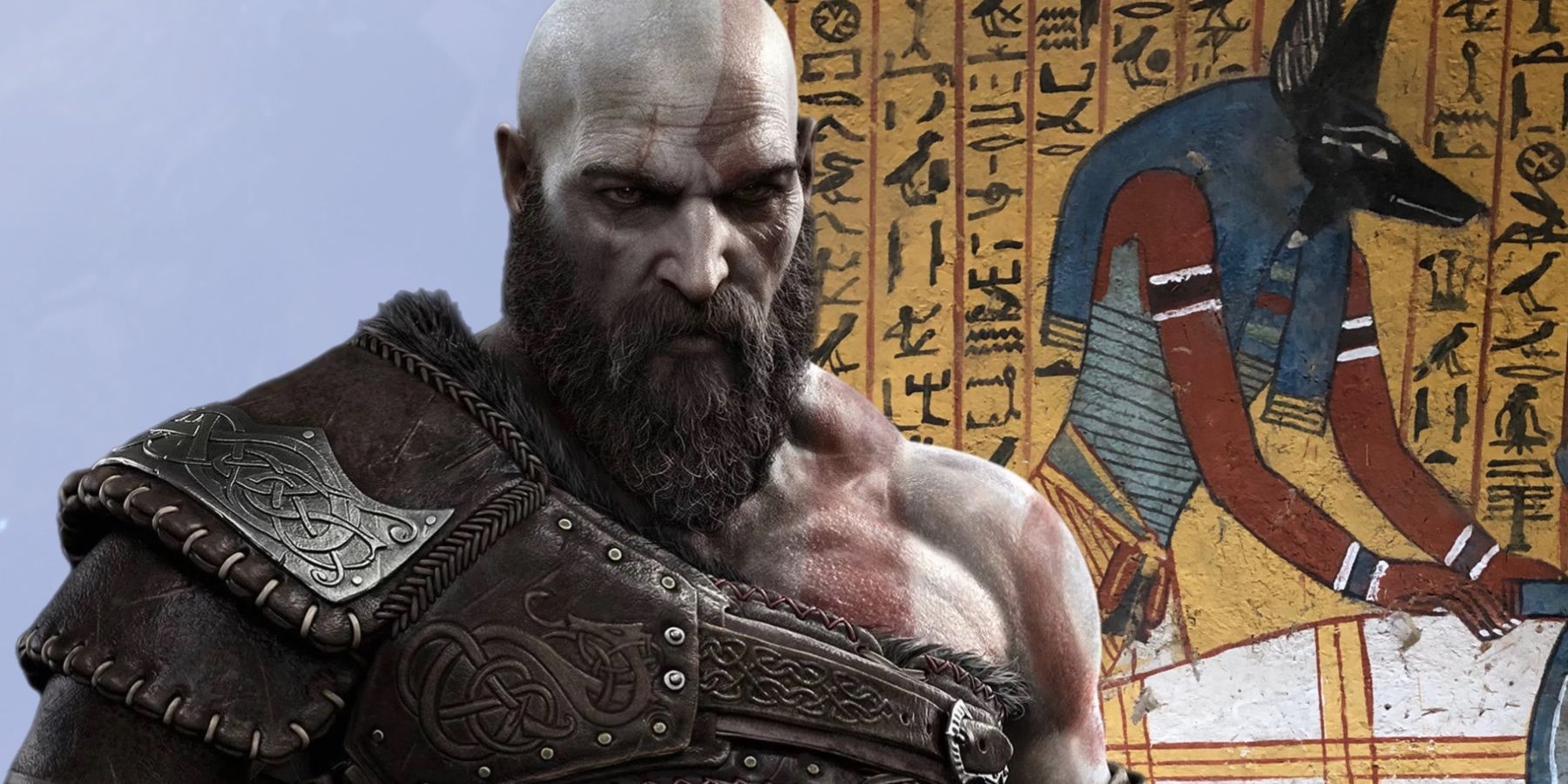
An Egyptian God of War Should Be More Like The Greek Games Than The Norse Ones in One Way
If God of War explores the Egyptian pantheon, the franchise has an exciting chance to explore lore that the Norse saga set aside.
God of War: Kratos' and Atreus' Individual Journeys
The Norse God of War Games See Kratos Reconnect
The newer God of War games have Kratos come to terms with his difficult past, as he faces his guilt and fears head-on, ultimately overcoming them and growing spiritually and mentally stronger in the process. This change manifests in a number of different ways, but among the most notable is Kratos' newfound ability to connect with those around him, forming close relationships with characters like Mimir, Freya, and Brok.
His reintegration into society culminates in his position at the end of Ragnarok's Valhalla DLC. After much deliberation and self-doubt, Kratos decides to accept Freya's offer to effectively replace Tyr as the new Norse God of War, once again putting him in a leadership position. But while he led Spartan troops in bloody conquests back in Greece, his personal growth suggests that he will lead with prudence and sensibility, prioritizing peace and productive, pro-social decisions as a thoughtful and important member of society.
Atreus Will Be On His Own In the Next God of War
Kratos may no longer be a lone wolf, but it looks like Atreus could be. Though he will probably be joined by at least one other God of War character, Atreus is ostensibly embarking on a pilgrimage of sorts, setting out into the unknown in search of his remaining kinsmen, the giants. It's impossible to say exactly what this adventure will look like, but it will be the first time in the young god's life that he will be without the guidance of his father and other mentors, which will likely prove to be a complex and difficult experience. At least, it will be radically transformative for the character, as he will have to define himself beyond the confines of his childhood and the comforts of community.
The contrast between Atreus and Kratos mirrors many real-world cultures, wherein young adults are expected to go out into the world to find themselves, while older adults generally stay put and give back to their communities.
Atreus will face many challenges during his solo adventure, as will Kratos in his newly held leadership role. The key difference, however, is that Atreus will be struggling to define himself as his own man, while Kratos will be relearning what it means to be part of a real community, with people relying on him. The interplay and contrast between these two disparate conflicts will be interesting to see explored in the next God of War.

